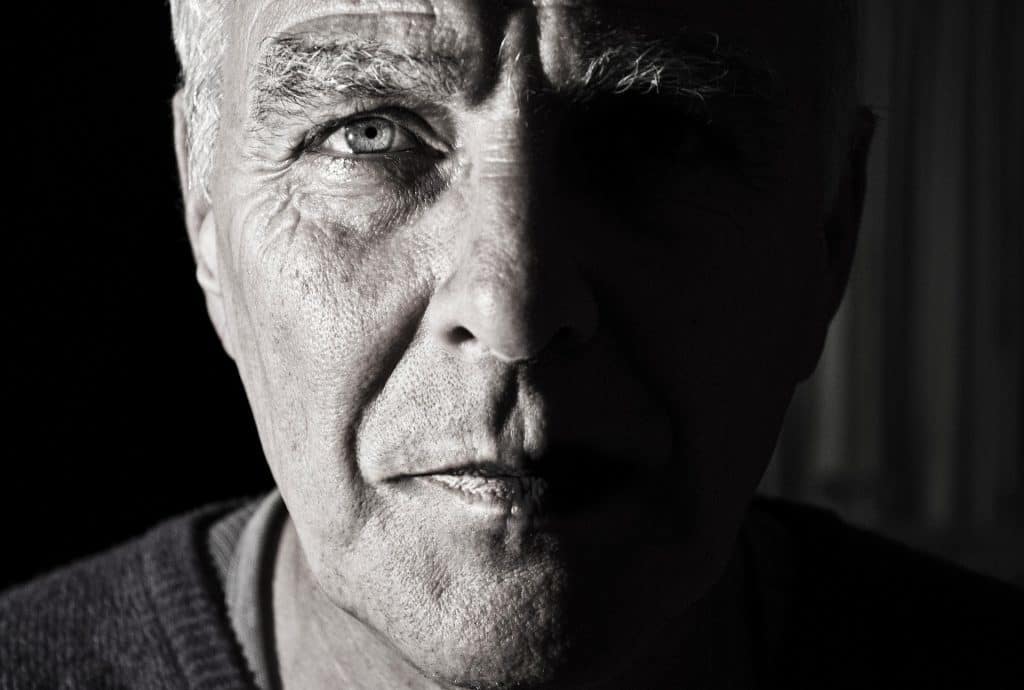Easily bored, sensitive to distractions, creative, and intense. If you grew up with ADHD symptoms, chances are you always felt “different.” Now here’s a scientific explanation of the neurological underpinnings of behaviours and feelings associated with attention deficit hyperactivity disorder. Learn about the ADHD nervous system!
Study: Physical Activity Reduces Depressive Symptoms in Children and Adolescents
Study: Physical Activity Reduces Depressive Symptoms in Children and Adolescents
January 22, 2023
Physical activity can significantly reduce depressive symptoms in children and adolescents, according to a recent study published in JAMA Pediatrics.
The meta-analysis of 21 studies involving 2,441 participants (47% boys and 53% girls) between the ages of 11-19 found that physical activity may help alleviate depressive symptoms in young patients. Twelve of the studies also demonstrated the benefits of physical activity for participants with a somatic or psychiatric disorder such as depression, obesity, ADHD, and diabetes.
The findings revealed that physically active teenagers experienced more notable reductions in depressive symptoms than did younger participants. “It is possible that younger children are sufficiently active to be desensitized to additional physical activity, whereas their older and more sedentary counterparts might be more responsive to the intervention,” researchers said.
After analyzing the frequency and duration of physical activity, researchers determined that engaging in three sessions of physical activity lasting at least 30 minutes yielded the greatest improvement in depressive symptoms.
“Depression is the second most prevalent mental disorder among children and adolescents, yet only a small proportion seeks or receives disorder-specific treatment,” researchers said. “Physical activity interventions hold promise as an alternative or adjunctive approach to clinical treatment for depression.”
Mad In America on Twitter
Digital Addictions Are Drowning Us in Dopamine
Rising rates of depression and anxiety in wealthy countries like the U.S. may be a result of our brains getting hooked on the neurotransmitter associated with pleasure.
Digital Addictions Are Drowning Us in Dopamine – WSJ https://buff.ly/3ACJgEG by @AnnaLembke
The benefits of Group Therapy
I am grateful that the UKCP shared a link on How can I benefit from group therapy? Where in his Psychologies Magazine LifeLabs blog, UKCP psychotherapist Brian Shand considers the difference between group and individual work with others.
Dr James Davies interview, Sky News 12.05.21
A leading researcher at Roehampton University presents that we are over-reliant on psychoactive prescriptive drugs in Mental Health in this country. Talking therapy is cheaper and more effective long term.
Dr James Davies interview, Sky News
It’s hard to let go even if something isn’t working
How to Survive a Breakup with an Addict and Heal Your Heart https://tinybuddha.com/blog/how-to-survive-a-breakup-with-an-addict-and-heal-your-heart/
Mindfulness and Education
Great work being done by Jon Kabat-Zinn and others bringing Mindfulness into Education. Mindfulness encourages and develops the emotional intelligence of children.
Introducing and teaching Mindfulness into schools helps senior management recognise that achievement targets are not as important as developing the child as a rounded individual. Teaching children mindfulness helps them to look after their emotions. Children are able to stop and notice what they experiencing and supports stillness and openness. Mindfulness becomes relevant when it is given context and expressed in our culture.
Highlights of our 2018 Conference: The Future of Mindfulness & Education | Mindfulness in Schools Project
It’s official – therapy can change your personality traits
Your personality is not fixed you are in the process of becoming who you are
As a psychotherapist I learned and have told my clients that their personality is not fixed and that they are in a process of becoming who they are in every moment.
On the BBC Radio 4 program “All in the Mind” Professor Brent W. Roberts of the University of Illinois Department of Psychology spoke about his research paper “A Systematic Review of Personality Train Change Through Intervention”.
From the Abstract
Interventions were associated with marked changes in personality train measures over an average time of 24 weeks.
Emotional stability was the primary trait domain showing changes as a result of therapy, followed by extraversion.
The type of therapy employed was not strongly associated with the amount of change in personality traits.
Patients presenting with anxiety disorders changed the most, and patients being treated for substance use changed the least.
Attachment to who we believe we are is not helpful
The results of this study agree with my beliefs that we are all in a process of becoming who we are, and actually, an attachment to who we believe we are can be detrimental to just accepting ourselves.
The type of therapy is not important it is the relationship that matters
The specific type or approach of the counselling or psychotherapy is not important in helping the client, the therapeutic relationship is most important.
Talking about Mental Illness

I want to post an appreciation of how celebrities have used the media to speak about their Mental Health issues. My hope is that when people read about how famous people have suffered they will feel empowered enough to talk about their own mental heath and seek help if they need it.
Prince Harry talked about his struggle
I am so glad that recent feature in the Daily Telegraph where Prince Harry talked about struggling to come to terms with his Mothers death her sought counselling. He talked about trying to deal with his grief without punching someone.
Post-partum psychosis in the News
A story in the BBC News of 13 March talked of Sally Wilson’s experience of her experience of Post-partum Psychosis PP following the birth of her daughter. This morning listening to BBC Radio 4 I heard Hannah Bissett talk about what happened after the birth of her child where she too suffered from PP. She spoke on behalf of Action on post-partum psychosis for more information use what is postpartum psychosis. In the news there was the tragic case of Alice Gibson-Watt who took her life after suffering from the same condition.
From personal experience
My Mother suffered from PP in the 1950’s after my birth and was kept in a Nursing Home for two years because of the obsessive behaviour and the strange ideas that she had. She escaped the Nursing Home one night, coming home in her nighty. My Father and my Grandmother managed to accommodate her back into our home, with help from my older sister who was three years old at that time. Due to the stigma associated with mental health my Mother was never able to normalise her condition and suffered bouts of mental illness throughout her life. If society had been more open to talking about mental illness, I believe that her life would have been easier and she would have felt accepted.



